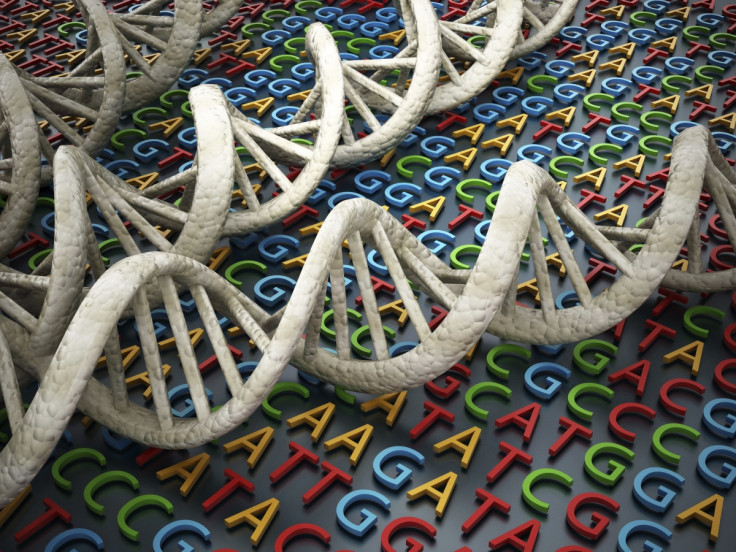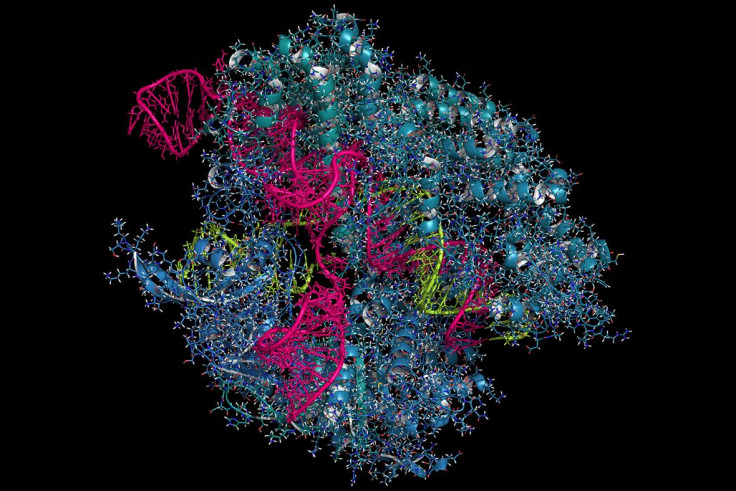CRISPR gene editing causes hundreds of unintended mutations? Yes, but that's nothing to worry about
We should begin to look ahead to how we will use the technology, manage it and regulate it.
Gene editing panic once again struck the media this week when a study from scientists at Stanford University found that gene editing technology may not be as precise as promised and may actually cause up to a thousand unintended changes to the genome when utilized to change or repair even a single gene.
The study, results of which were detailed in a letter to the editor of the journal Nature Methods, found that the algorithms commonly used by scientists to predict where the technology known as CRISPR-Cas9 might produce off target effects missed a number of mutations in two mice that had been edited with CRISPR.
While the mice were cured of blindness by edits to the gene responsible, researchers also reported being concerned about finding "an unexpectedly high number" of mutations to the full genome — which the algorithms did not predict.
Instead the authors found that using whole genome sequencing to detect any further modifications revealed significantly more mutations than were expected or had been previously reported.
The authors noted that while none of the mice showed any major signs of harm, it is possible that they may develop more obvious damage in time, or when they reproduce. Off target effects are concerning because, depending on the individual, they can cause other diseases, create tumours, or a myriad of other, unknown problems.
The letter cautioned peers to look more closely at their work and urged that in the interest of safety, the responsibility should fall on scientists to find a way to double check changes to the whole genome before CRISPR can be used safely.
However, these findings have been expected for some time and the results of this study were, frankly, predictable.
Just as predictable, say, as the over-reaction from blogs and news sites with headlines that called out CRISPR's newfound imprecision with finger-wagging "told ya so!" tones and renewed urges for caution.
The stock market, too, reacted in a predictable way, as Stat News reported a precipitous decline in trading prices for Editas Medicine, Crispr Therapeutics and Intellia Therapeutics, all of which use the genome editing technology in their research.
Well, what else is new?
Any news about CRISPR — or gene editing in general — tends to send the public into a tailspin. However, the idea that CRISPR could cause a high number of off target mutations is not a new one.
So, of course, while caution and further research are certainly called for, a mass freak-out is not. New information and uneasy setbacks are the cost of doing business in innovative, revolutionary science, and this news was a long time coming.

We have known for years that gene editing could likely be responsible for mass variants in the genome and that whole genome sequencing (a more time consuming way to check the work of CRISPR than the present utilization of web-based, ubiquitous algorithms) might be a necessity.
In fact, in July of last year, Dr. J. Keith Joung of Massachusetts General Hospital voiced this precise concern at a hematology conference, and suggested that using CRISPR may create unintentional changes that go unnoticed. Scientists involved with startups that use CRISPR have also cautioned that off target mutations may be an issue.
One reporter compared the use of algorithms by researchers to check their work on CRISPR as "drunk searching for their lost keys only under the lamppost."
Clearly, a different method of investigation would likely turn up new information, as we have seen with the new study.
In recent reports on gene editing from the National Academies in the U.S. and the UK's Nuffield Council on Bioethics, the possibility of CRISPR creating off target mutations was a serious consideration for scientists, bioethicists and policy makers.
Now we know for sure that off target effects may present problems, and that algorithms are an ineffective way of finding them. One more piece of the genome editing puzzle has fallen into place.
Let's move on to the next mystery.
We must remember that CRISPR, and any and all subsequent gene editing technologies, still holds immense promise for understanding disease mapping, the creation of new and exciting therapies, and ultimately new ways to save lives.
Gene editing is still our best weapon against a plethora of debilitating diseases, from cancer to sickle cell anaemia to HIV/AIDS, and the findings of off target effects should not cause patients or advocates of CRISPR therapies unnecessary pause.

Before the naysayers use this recent study to once more slam on the brakes on gene editing, we must remind ourselves that extra hurdles are expected in science and should not be a reason to hold back — science will figure it out.
And so before we see a new wave of counterproductive think pieces about whether we should be using gene editing at all, and how it may not be safe, we should draw a line in the sand now and decide to move forward.
We should no longer focus the debate on if we should use gene editing; instead, we should begin to look ahead to how we will use it, manage it and regulate it.
It is clear that off target effects will not have an impact on the future existence or funding of CRISPR research.
The science has already escaped Pandora's Box, and there's no putting it back in, no matter how many similar revelations we see, as scientists continue to experiment with and test the limits of CRISPR and future tools.
Rather, let us prepare for the hard work of establishing norms that maintain scientific inquiry while also considering the societal impact CRISPR will have, and engage the general public in answering the question, "How do we regulate this technology responsibly?"
Let's leave the safety considerations on the shoulders of the experts and instead evaluate how those in need will access this technology once it is deemed to be safe, as well as how to regulate it in a just and practical way.
Alex Pearlman (@lexikon1) is a journalist who covers emerging ethical issues in science and technology. She studies bioethics at King's College London.
© Copyright IBTimes 2025. All rights reserved.





















